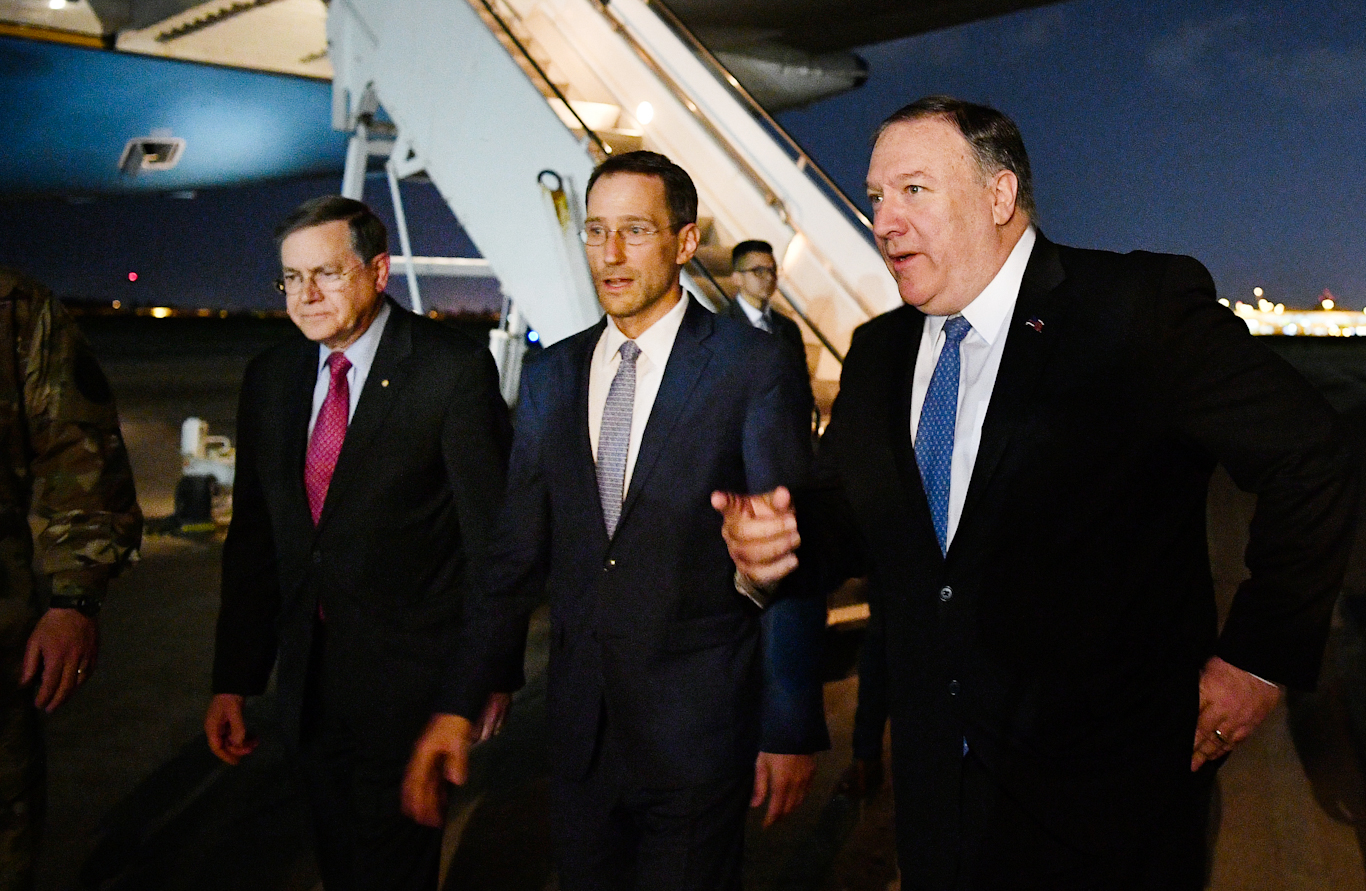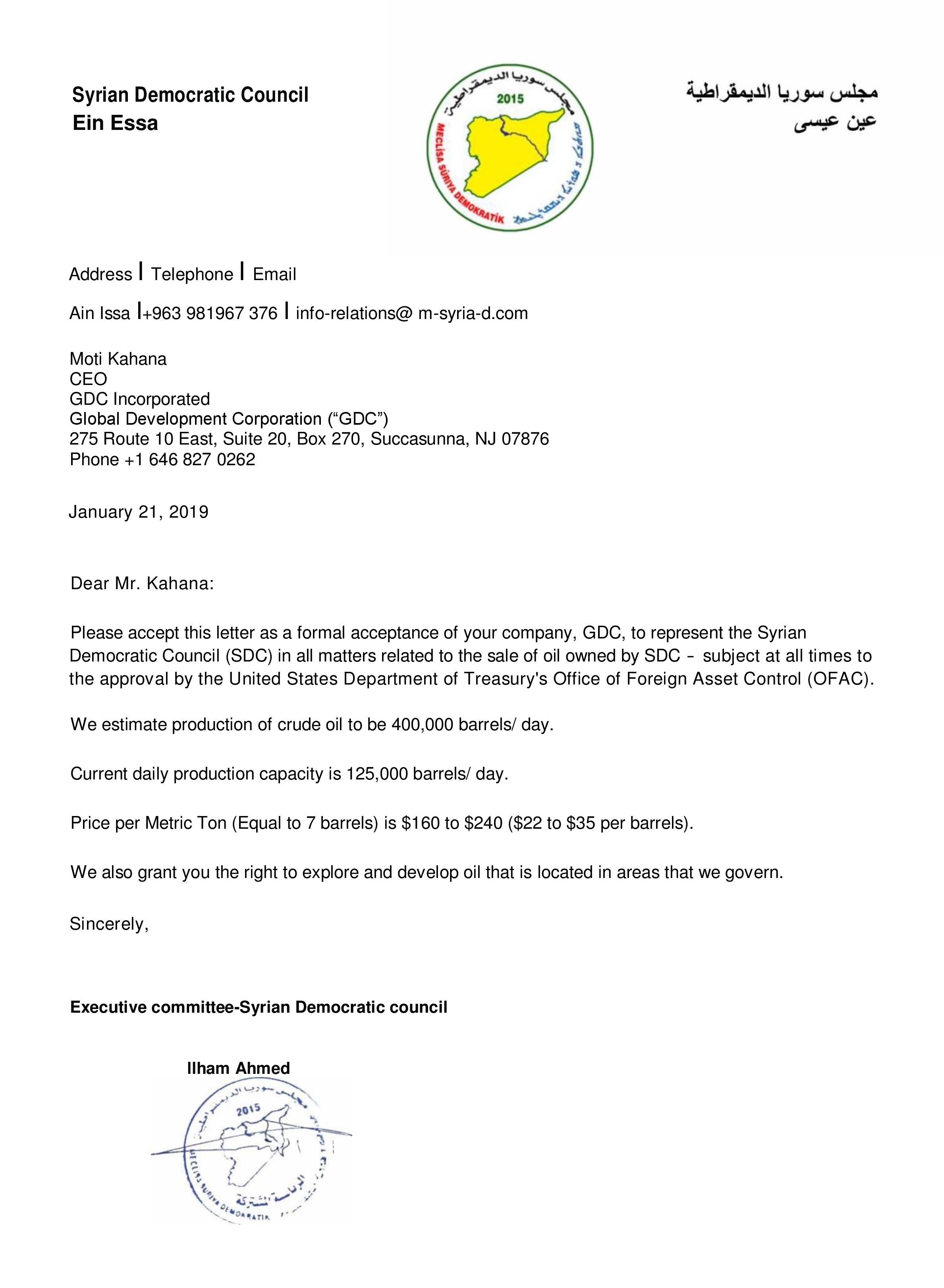The Conservative party’s problems with social conservatism will not be solved solely by electing a new leader. An entirely new approach is required.
Andrew Scheer’s resignation as leader of the Conservatives came after months of avid speculation and mounting frustration on the part of those both inside and outside his party.
Scheer’s critics cite a variety of reasons for why he was unable to beat Justin Trudeau in the last election, such as his lack of transparency about his dual citizenship and his allegedly false claims about working as an insurance broker.

But the reason critics cite most often is Scheer’s social conservatism which, as former Conservative cabinet minister Peter MacKay put it, hung around his neck like a “stinking albatross.”
Media commentators have suggested that if the Conservatives hope to win the next election, they must elect a leader who is capable of communicating a more convincingly centrist position on issues such as abortion and LGBTQ rights.
The commentators may well be correct, but their often exclusive focus on Scheer’s political beliefs — rather than on those of his newly elected caucus members — gives the impression that the party’s problem with social conservatism begins and ends with him.
Focusing exclusively on Scheer’s beliefs may lead some to conclude that all the Conservatives need to do to solve their problem is replace him with someone whose beliefs are more in line with current social realities. The facts, however, suggest otherwise.
Social conservatism runs deep in party
A careful inspection of the current Conservative caucus reveals that the party’s radical right-wing values run deep.
For example, Campaign Life Coalition — Canada’s biggest anti-abortion group — says that 46 out of the 121-member caucus is pro-life, which amounts to almost 40 per cent of the party’s sitting MPs.
RightNow, another anti-abortion group, goes further. It contends that 68 members of the Conservative caucus are pro-life, which works out to 56 per cent of those who recently took office.
RightNow’s post-election analysis was emphatic: “The House of Commons is now more pro-life than before, the Conservative Party of Canada caucus is more pro-life than before, and some of the staunchest pro-abortion Conservative female (MPs) have been replaced by younger, more diverse, pro-life Conservative female (MPs).”

The anti-abortion beliefs of Conservative caucus members matter for reasons that go beyond reproductive rights. A recent nationwide survey in the United States found that “anti-abortion voters are among the most likely — if not the most likely — segment to hold inegalitarian views.”
In other words, those who agree that abortion should be illegal are less likely to be egalitarian — particularly when it comes to gender — than those who agree that it should be legal.
Anti-abortion vs pro-choice voters
Anti-abortion voters tend to differ from pro-choice voters when it comes to their views on the status of women, according to the survey.
Only 23 per cent of anti-abortion voters believe that the lack of women in office affects women’s equality, compared with 70 per cent of pro-choice voters. Only 27 per cent of those who oppose abortion think access to birth control affects women’s equality, compared with 74 per cent of those who support abortion. And only 19 per cent of anti-abortion voters feel that society is systemically set up to give men more opportunities than women, compared with 66 per cent of pro-choice voters.
Anti-abortion voters also tend to differ from pro-choice voters when it comes to their views on how women think and act. Seventy-seven per cent of anti-abortion voters agree that women are too easily offended, compared with 38 per cent of pro-choice voters. Seventy-one per cent of voters who oppose abortion think that most women interpret innocent acts as being sexist, compared with 38 per cent of voters who support abortion rights. And 54 per cent of voters against abortion agree that men generally make better leaders than women, compared with 24 per cent of pro-choice voters.
What do these statistics say in the context of the Conservative Party of Canada?
Anti-abortion views = inegalitarian views
Given that being against abortion tends to be strongly associated with being inegalitarian, the significant number of anti-abortion MPs in the Conservative caucus should be cause for concern.
It should also indicate that the Conservative Party’s problem with its radical right wing will not be solved solely by electing a new leader.
The problem is at the very centre of the party, not its margins, and will not be solved over the course of one election cycle alone. An entirely new approach is required, one that must champion social justice for all and take aggressive action on climate change.
Neither of these things will be possible unless the party makes fundamental changes to how it conceives of itself, its members and its political operatives.
Scheer not out of step with his party
On both federal and provincial levels, Canada’s Conservatives seem unlikely to make these changes any time soon. Regardless of who replaces Scheer, the most public faces of conservatism in the country are unambiguously aligned with the radical right.
In Ontario, Doug Ford has made headlines for being photographed with far-right activist Faith Goldy as well as for his rollback of the sex ed curriculum, his ongoing association with evangelical leader Charles McVety and his private meetings with controversial public speaker Jordan Peterson.

In Alberta, Jason Kenney has promised to remove “political agendas” from social studies through his party’s curriculum review, has been praised by groups with social conservative values for his “100 per cent voting record on pro-life and pro-family issues” and has invested $30 million in an energy war room aimed at undermining opponents of the oil industry.
While he may have lacked the strategic ability to keep his views from causing him problems on the campaign trail, Scheer’s beliefs are not out of step with those of the party he represents. So if the party wants to shed the social conservatism label, it has to do more than just replace him. It has to completely transform itself.









